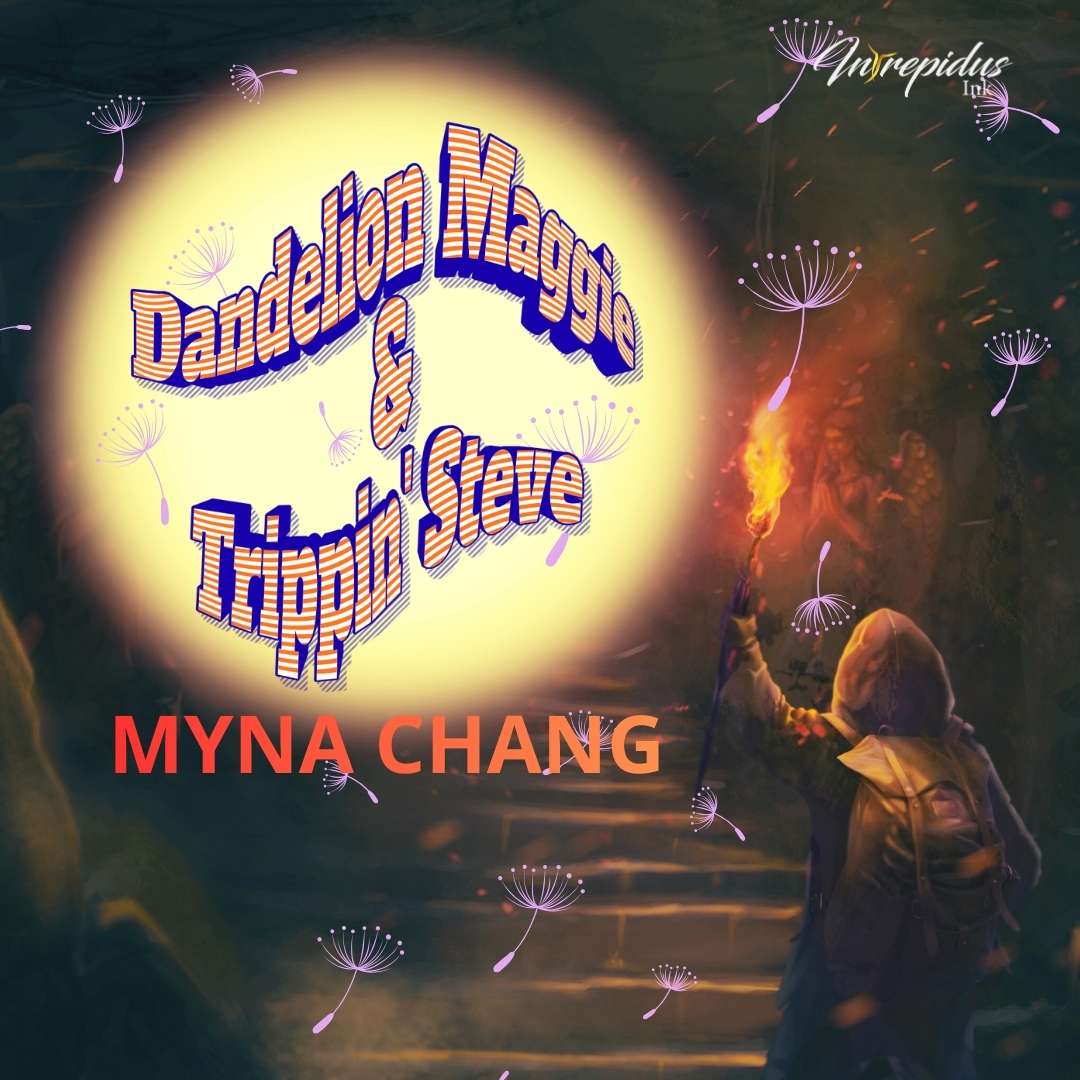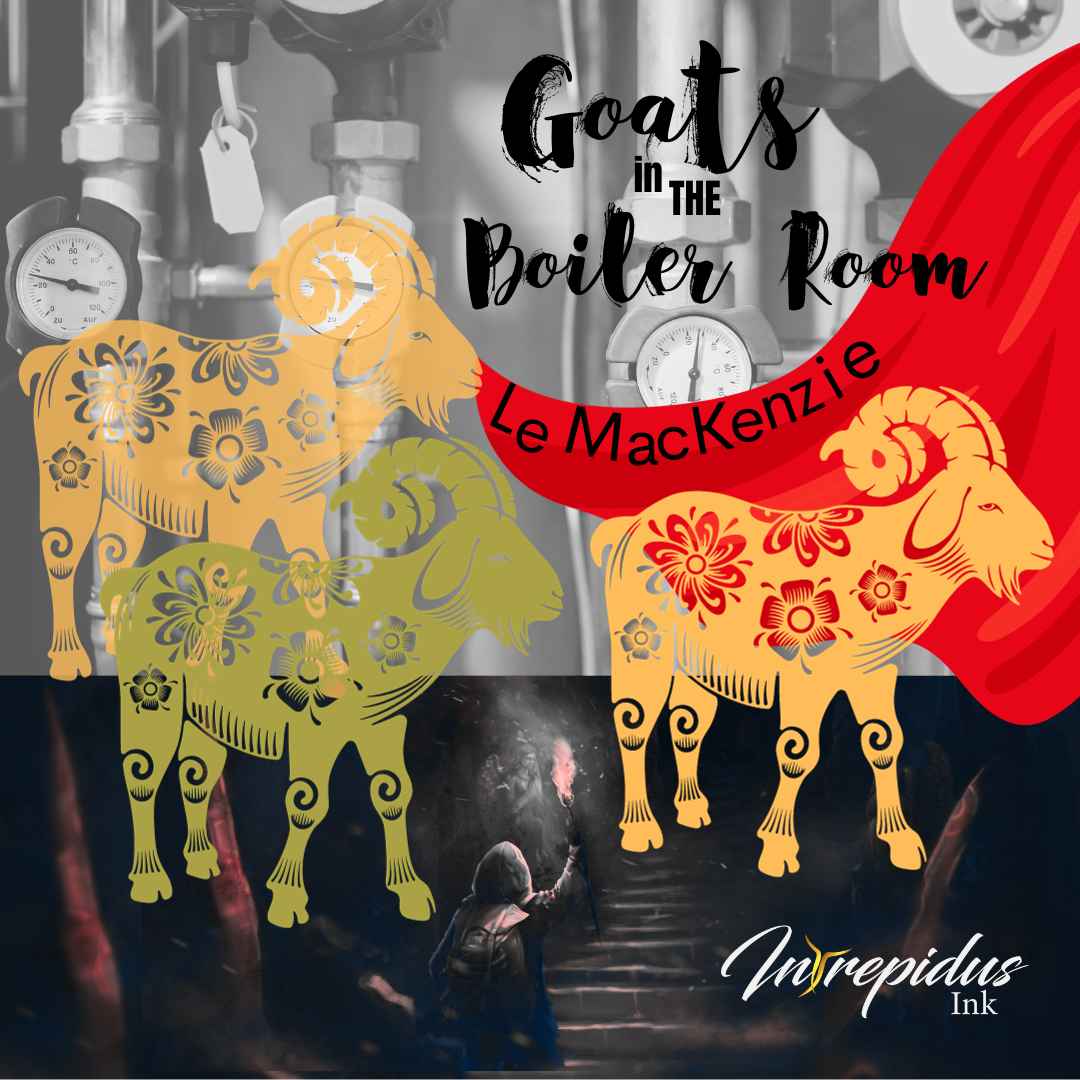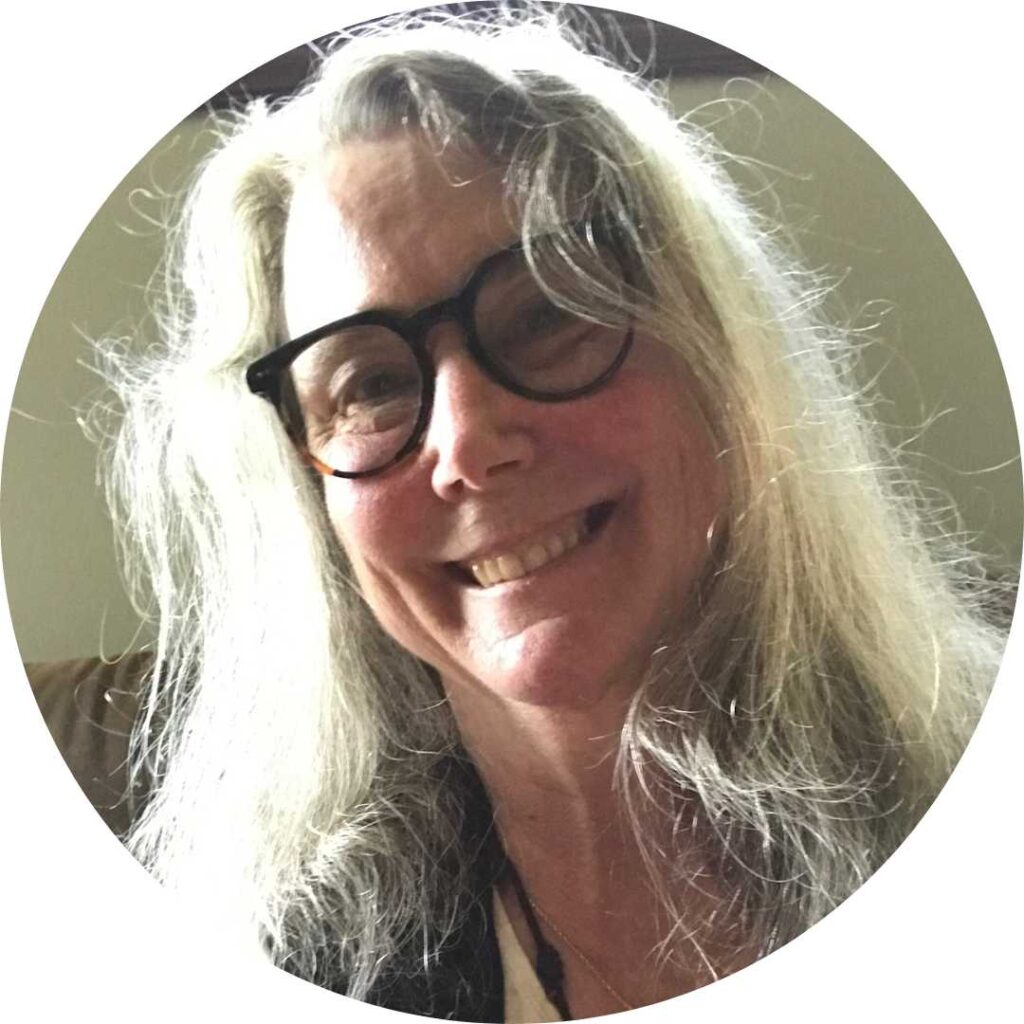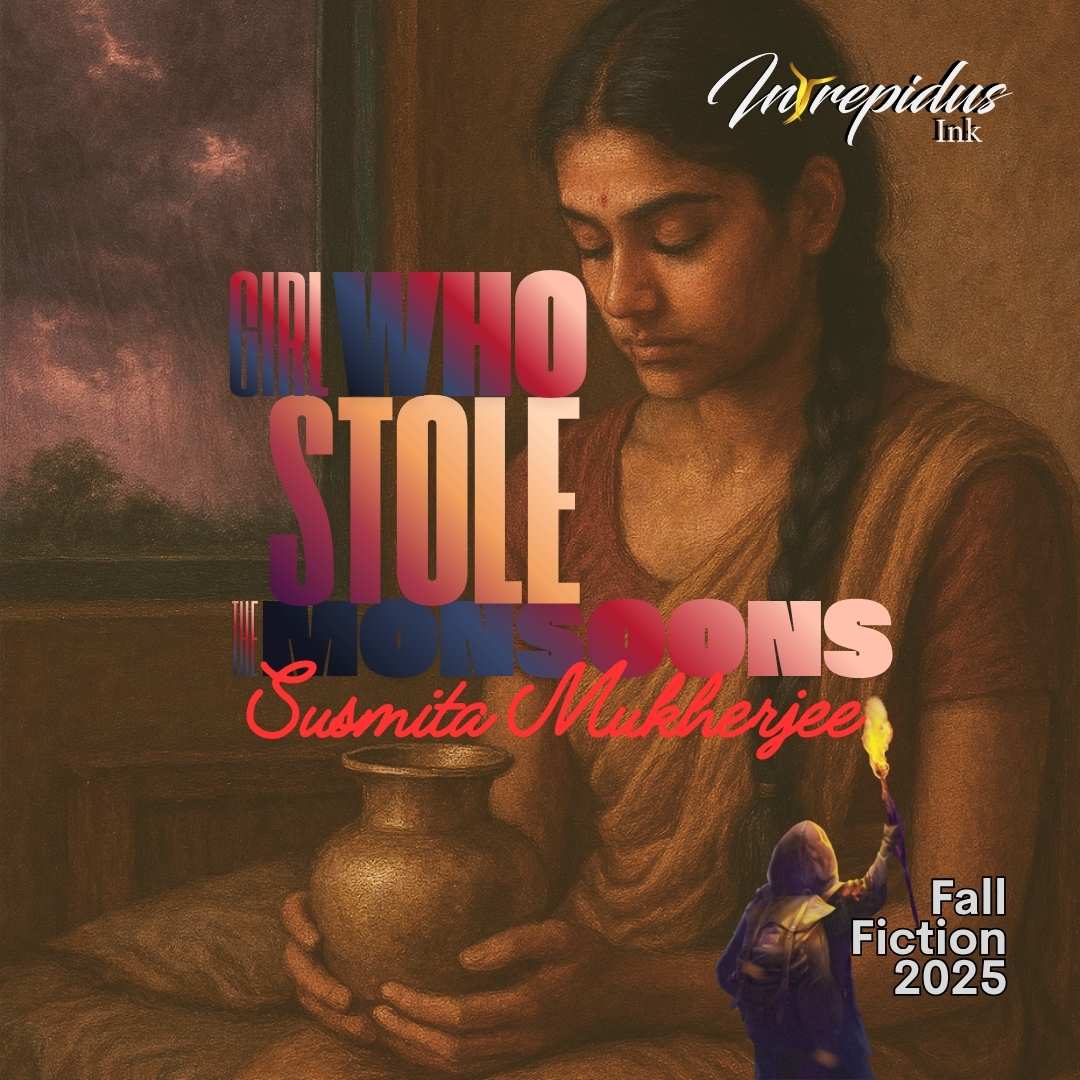

Speculative Fiction
I
wake to the sound of bleating.
What the fuck?
While still half asleep, I crawl out of bed at–what–2:36 am? I grab my phone and the Swiss Army knife I keep on the bedside table and lumber down the stairs. I make as much noise as possible to scare any monsters out of my house. Turn on the lights? No, never do that in a horror story, although, I don’t think that’s what this is. Still, to be safe, I don’t turn on the lights. Maybe it’s the dead guy in the piano waking up. Wait. I don’t have a piano.
Oh, what the hell. I turn on the lights.
More bleating. From the basement.
I wrap my bathrobe, the one I forgot to put on, around my neck and head to the basement, stepping on creaky steps one slow step at a time.
More bleating. Louder.
I turn on the basement light. Because this surely isn’t a horror story.
There are seven goats in the boiler room.
“Of course, it’s goats.” The small normal-sized kind. They’re as black as black can be, with pastel sky blue markings. I bend down for a closer look. “You’re very odd.”
At least they aren’t like Thor’s goats.
Although, that very minute, who shows up? Thor.
“I want my goats back,” he thunders. No lightning.
“They aren’t your goats.” I stand between him and now my goats, hands on my hips, my feet apart. I straighten to look him in the eyes but still only come up to chest level. Damn him.
In the meantime, the goats have decided Thor’s cape is far more enticing than the gas pipes they’ve been gnawing on and the hot electric cords they’ve been chewing through (these goats are, of course, not ordinary goats, but a breed of goats that are the nothing-can-harm-them kind of goats somewhat related to Thor’s screaming rams).
Good thing Thor showed up when he did.
“You can’t have my goats,” I say, glaring up at him with daggers–I hope they’re daggers–shooting from my eyes.
Thor raises his hammer.
“Oh, really? A hammer?” I bend over laughing, my arm holding my sides together, and grab his arm to steady myself. “Where’d you get that? Ace Hardware? Amazon?” Wiping the tears from my eyes, I straighten.
Thor doesn’t look the least bit amused.
His hammer gives off the smallest of sparks.
Uh oh.
“Maybe you’d better put that little toy away.” My tone is as grave as a cemetery.
Meanwhile, the goats have finished as much as they can of Thor’s cape, leaving only a short caplet hanging over his shoulders. They go back to munching live electrical wires and gnawing on the gas line.
Thor’s brows furrow. He probably thinks this makes him look serious.
“I’m serious,” he says. “I want my goats.”
I pull up a three-step step ladder and climb to the top so I can look him in the eyes. He has blue eyes, who knew? “What makes you think they’re your goats?” I fold my arms. “Prove it.”
“Because they’re of the breed of goats that are the nothing-can-harm-them kind of goats.”
“So, they won’t get hurt when this house blows up?”
Thor looks at the goats. Then at me. Puts his arm around my waist, raises his hammer, and rockets us both into the sky, followed by a blast of hot air and fire.
We land in the park.
“Where are the goats?” I ask.
Thor shrugs. “I dunno. I don’t think they were my goats.”

The next night I sleep on a couch at my friend’s house and wake to the sound of bleating. I grab my Swiss Army knife and turn on all the lights.
My friend does have a piano, but she doesn’t have a boiler room. She has a furnace.
And I don’t have Thor.
I can do this.

An Interview With Le MacKenzie
Intrepidus Ink: What inspired the story’s absolutely hilarious dispute over goats?
Le MacKenzie: Every Wednesday morning I, along with several others, go through a portal in the Odyssey Courtyard that takes us to the Boiler Room. One day, Scott showed us pictures of his daughter’s goats. For me, it’s these ordinary details that inspire extraordinary stories.
II: Why is mentoring an invaluable experience for authors?
LM: A good mentor is a guide only, showing a writer how to navigate through a mind field of mistakes and how to learn from that without getting blown up by discouragement. A good mentor shows a writer where weaknesses are in the writing and how to strengthen them. A good mentor knows she isn’t the only source for learning the magic of writing. But a mentor can only lead you so far like a horse to water.
II: Tell us about your favorite workshop and what’s next for you.
LM: My favorite workshop is, of course, The Odyssey Writing Workshop with Jeanne Cavelos, the best mentor I’ve ever had. I also recommend Storied Imaginarium with Carrina Bissett. I continue to work on two novels, Orryon’s Reflection and Dead Woman Knitting (which includes original knitting designs), as well as several short stories, including “A Place Called Why” and “The Lady and the Unicorn” (about a narwhal, the “unicorn of the sea”) and is part poem all folktale.
II: Such wonderful projects! Very best wishes in all you do, Le.
Author Bio

MacKenzie has been writing all her life, has attended several well-known workshops, and was mentored by two top MFA professors. She is an Odyssey Writing Workshop graduate. Her poetry and short fiction have been published in several literary and non-literary publications. MacKenzie was born after the hurricane turned back out to sea. The rest of her life followed.

